What is Karma?
Karma is a household word by now. Often spoken with sarcasm or heard with scorn in intelligent circles. Especially by energetic self-actualizers, who associate it with passivity or hear it as an excuse for laziness or fear of responsibility. Sometimes sighed in real or affected resignation to "God's will." The term "karma" in its original reference includes mental actions. Karma is simply a power of the Universal Mind to effect adjustment, to restore equilibrium, and to bring about compensatory balance. In the sphere of human conduct the result is that somehow, somewhere, whatever we do is ultimately reflected back to us. No deed is exhausted in the doing of it; eventually it will bear fruit which will return enexorable to the doer. Karma is a self-moving force. Nobody, human or superhuman, has to operate it.
Paul Brunton is widely recognized as one of the twentieth century's most perceptive students of ancient wisdom. This title book presents, in condensed and concentrated form, what he learned about karma from a long and richly varied lifetime: from personal research, relentless trial and error, and intimate association with wise men and women from sacred traditions throughout the world. These pithy gems are drawn from a broad span of his writing, ranging from as early as the mid-1940s to shortly before his death in 1981. They concisely present the essence, and many of the details, of the teachings of karma as they appear throughout the world's wisdom traditions.
Get it now and save 10%
BECOME A MEMBER

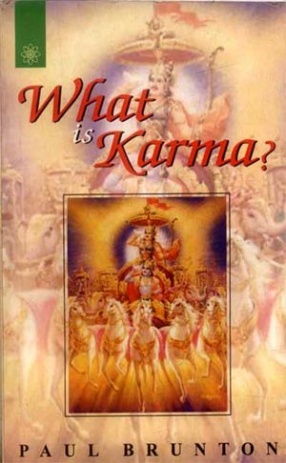

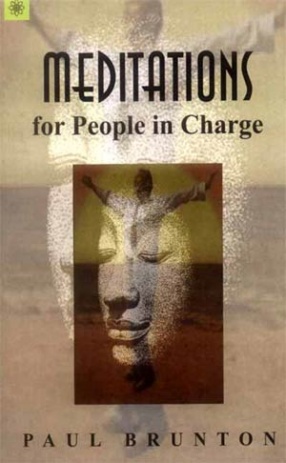
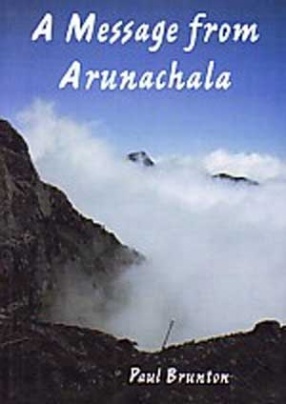
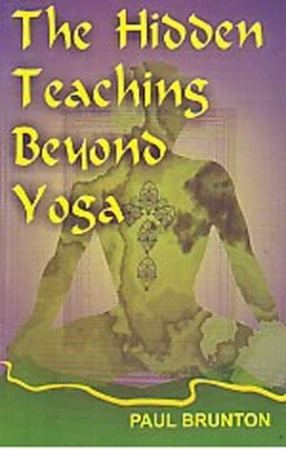


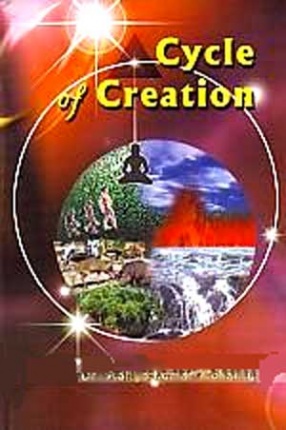
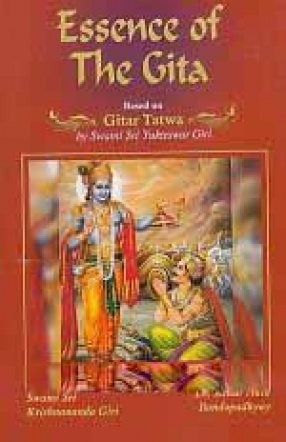

Bibliographic information